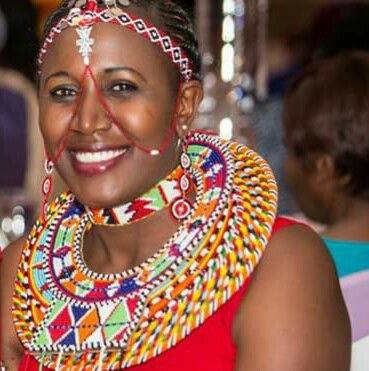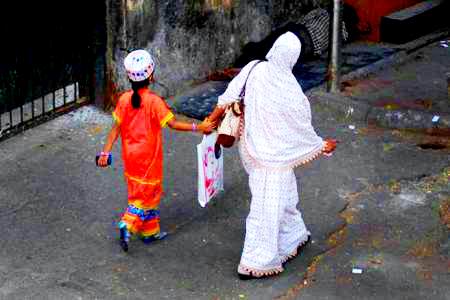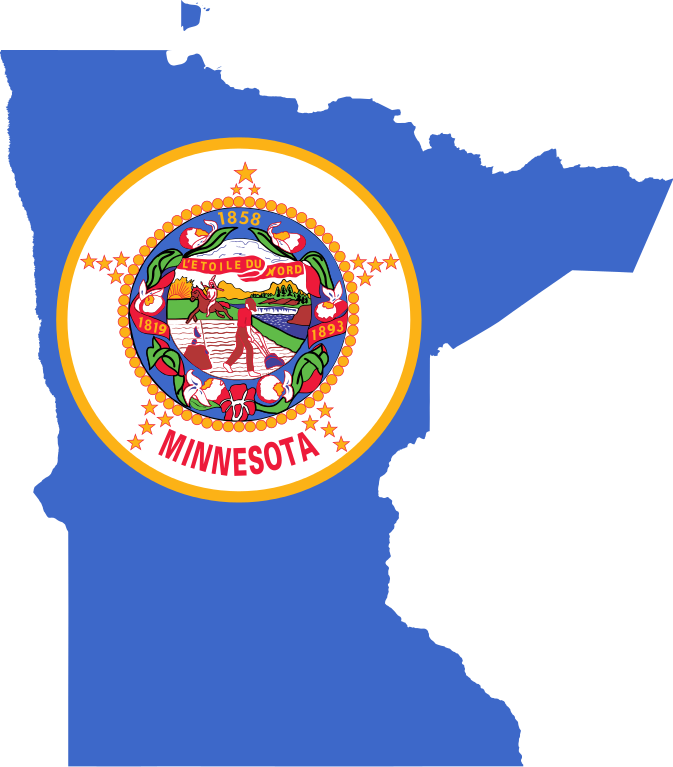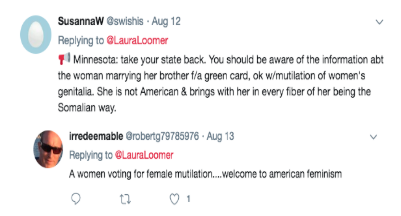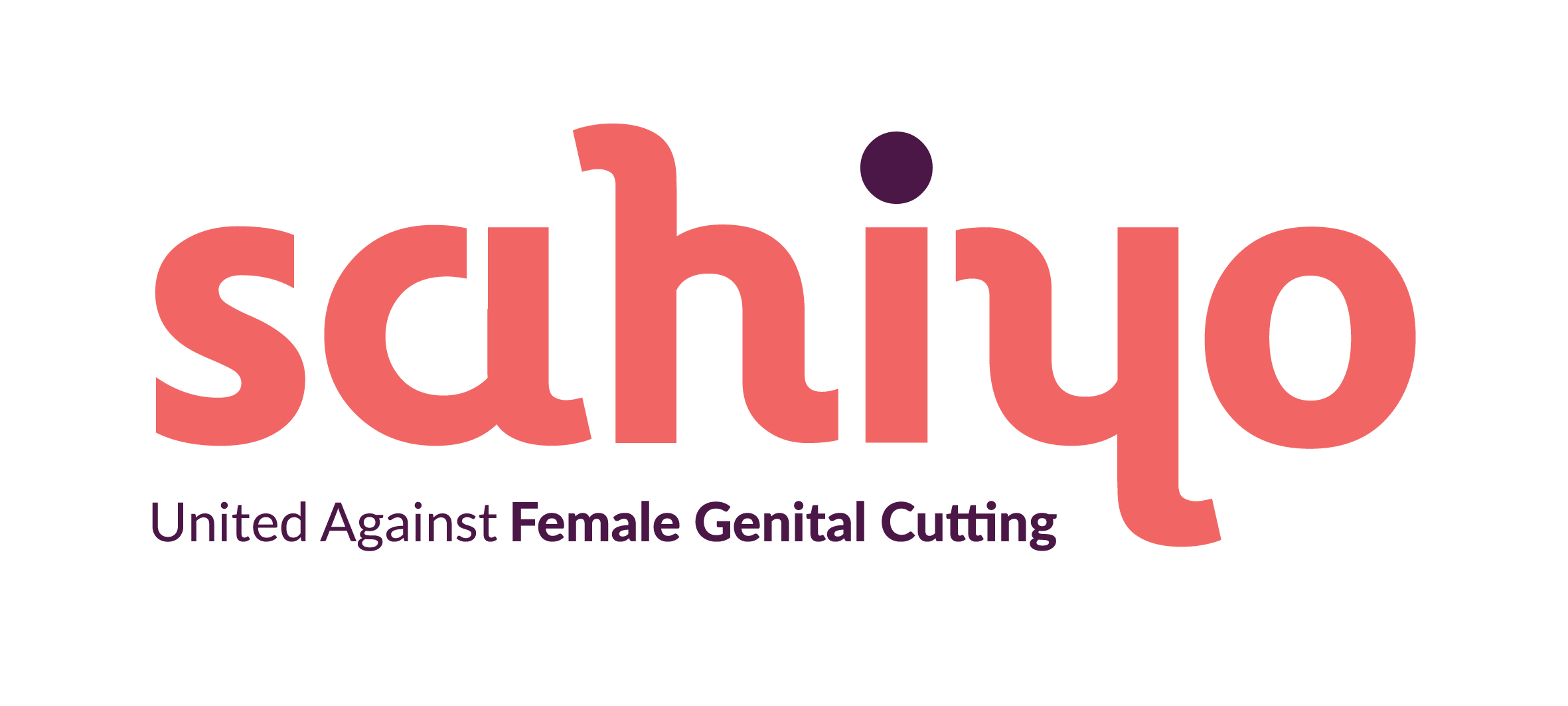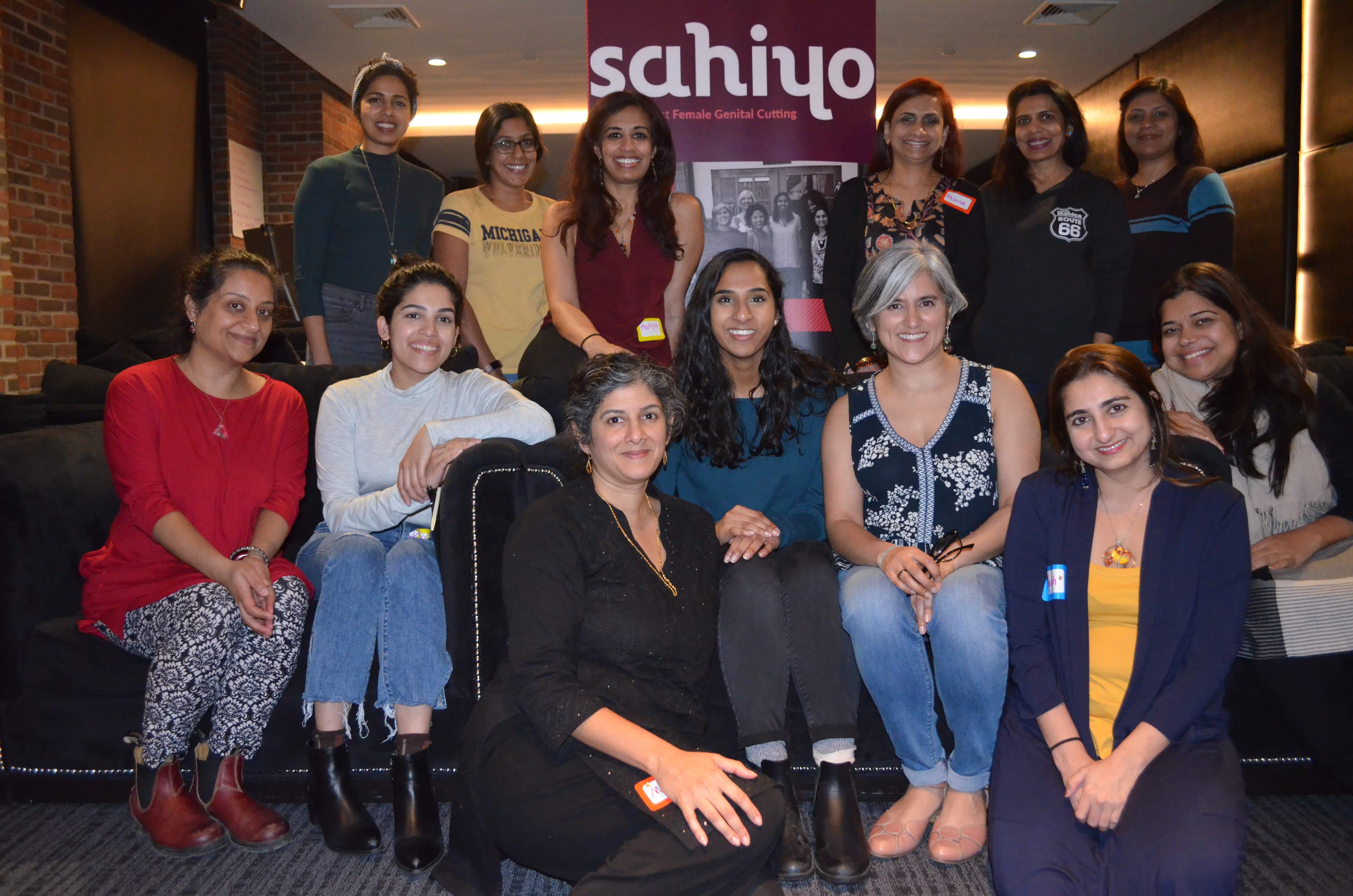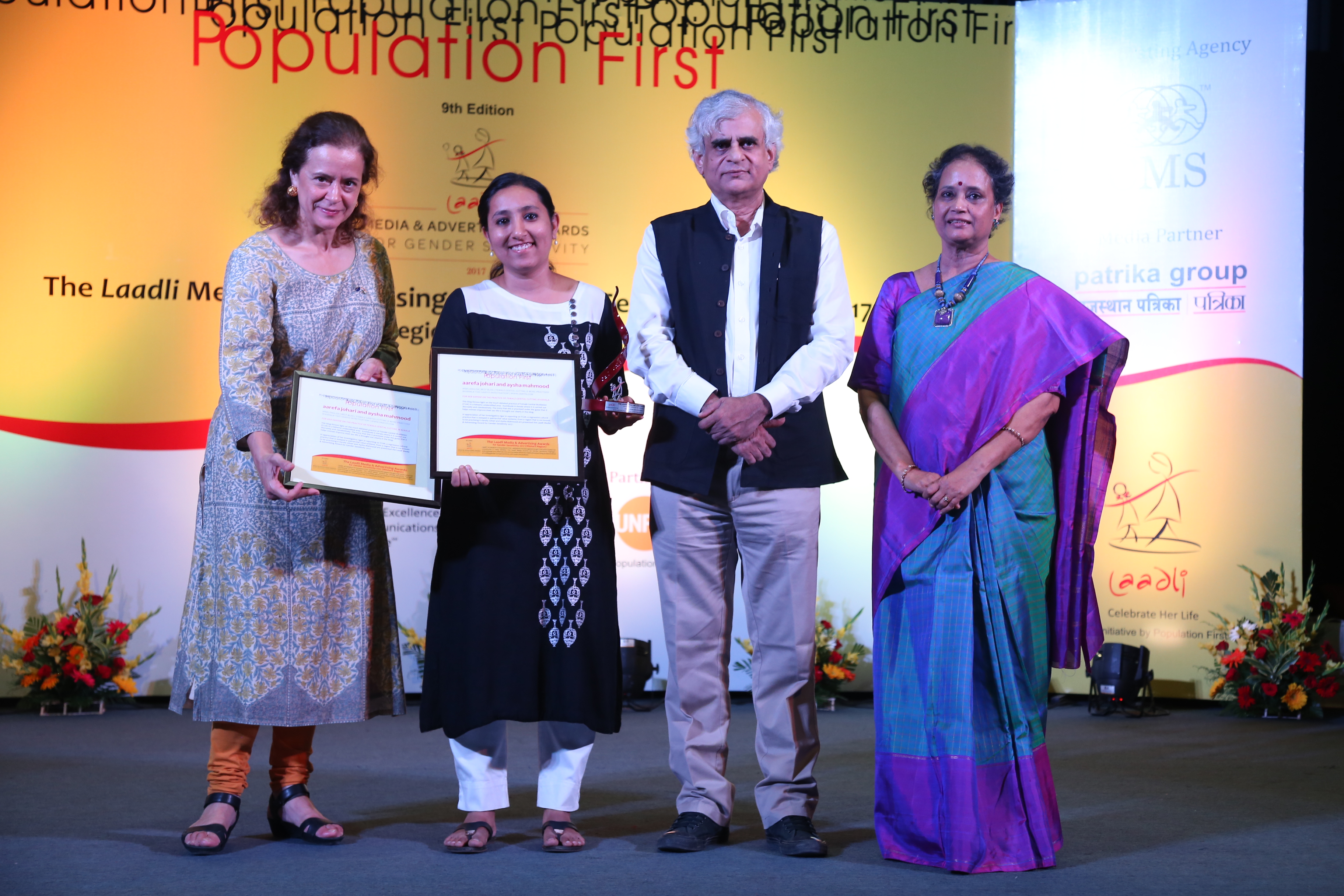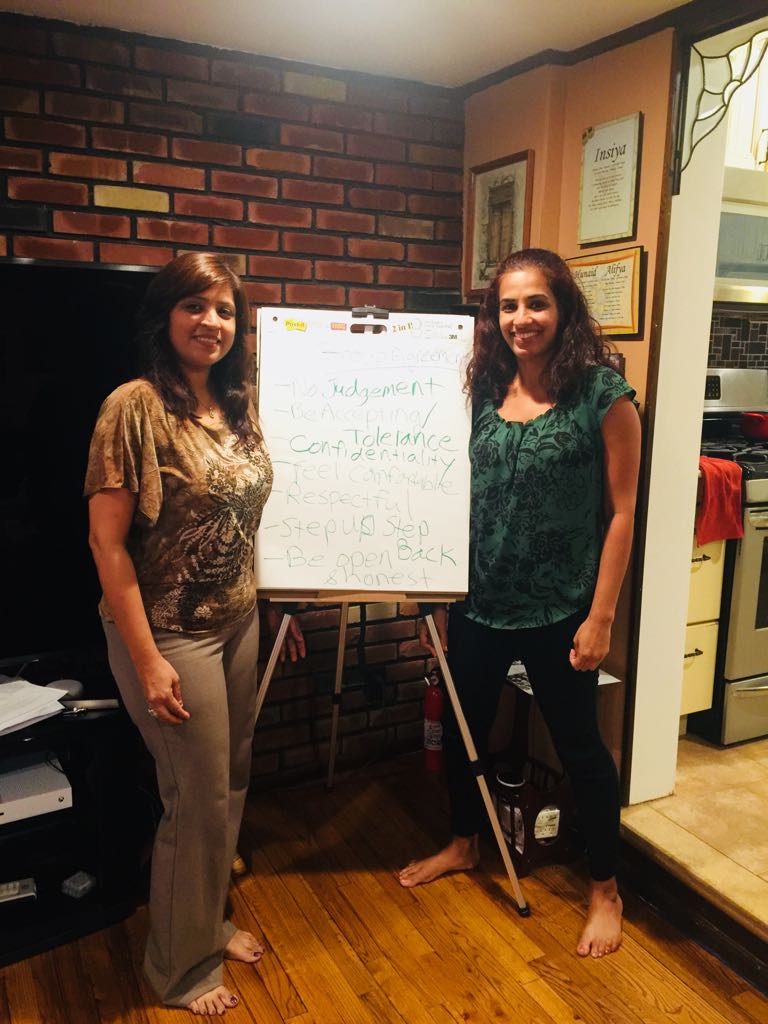By Anonymous
Country: Sri Lanka
I am a victim of Female Genital Cutting – some might want to call it circumcision, I call it Mutilation. Not quite the way that the proponents want to depict it as what always happens in Africa (infibulation) with horrific scars, but in the way, it happened to me in Sri Lanka where there are still scars, tiny, almost unnoticeable. But in all the ways that matter, it has damaged me no less than the most severe forms of mutilation.
To those who want to medicalize the procedure, let me say that I was cut by a qualified doctor, in a sterile environment, when I was seven-years-old. I remember that day clearly and it is I who have had to live with the consequence of what was done to me in the name of religion. Not my religious leaders, not my elders, and not that doctor. ME, the woman who that child without a voice grew up to be.
Let me now take the arguments I’ve heard in support of the procedure and give you my perspective as someone who has first-hand experience of the negative impacts of FGC. I will use the term female genital cutting (FGC) since irrespective of what one wants to call it, that is what is done to a lesser or greater degree, depending on who holds the pin, blade or knife.
A. Sex lives as Adults
To the women who say that they have better sex lives due to FGC, I ask you this: what is your point of reference? Have you had sex with the same partner before and after your FGC to arrive at this conclusion? Have you ever considered the possibility that you have been very lucky, and that whoever performed the FGC on you spared you any real damage? It is also very presumptuous for you to assume that NONE of the billions of uncircumcised women around the world enjoy great sex the same as you.
To the women who don’t have a horrific memory related to their own FGC and who don’t understand what all the fuss is about: let me tell you that neither do I. I don’t have any horrific memories of that day. My Mom who accompanied me held me gently, the doctor looked very professional and it was over before I knew what was being done. I felt a pinch, no bleeding that I can remember – just some cotton wool that smelled of antiseptic placed there after I was cut. And I walked out, confused, uncomfortable but definitely not traumatized. Sounds familiar?
It wasn’t until I was as an adult that I realized the impact of what was done to me. I feel pain during intercourse. Most of you may not. But does that mean you are not damaged? Have you ever considered the fact that intercourse is supposed to be more than just “pleasant” or something you put up with when your husband feels so inclined? In my case, I have been examined by a doctor who has seen the tiny scars and helped me understand the impact of those scars on my ability to enjoy sex.
Initially, I wondered whether what happened to me was a mere unfortunate mistake by this doctor. I have since then come across stories of others in Sri Lanka who were cut by the same and other doctors who share similar tales. So no, I was not an unfortunate accident – the doctor and others like him/her knew exactly what they were doing and did it nonetheless.
B. The need to perform the procedure on a child
All the literature shared by the supporters of this practice alludes to adult women enjoying their sex lives. However, I still have yet to come across any argument to support as to why the procedure needs to be performed on seven-year-old girls who have a long way to go before they begin their sex lives.
So, what is being promoted is, in fact, the sexualizing of children. News flash: these organs don’t stay dormant and get activated only when one gets married.
Personally, I find the very idea of parents allowing strangers to access to their daughter’s private parts for non-medical reasons and letting them alter her genitals, an extremely troubling thought. I’m more inclined to believe that in their hearts, they know that they are in fact desexualizing her. What they want in reality is to keep her pure and innocent until she could be given away. There is no thought given to the fact that she then has to live with a damaged body and fulfill marital obligations that she may not enjoy as much in their effort to keep her pure and innocent until she was given away.
C. The Religious Argument
Who decides on one’s religious belief? The individual or the individual’s parent?
Yes, the parents would bring up the child within the religious norms they follow, and yes in most cases the child would continue with that belief till the end, but this is not always true for everyone.
Hence, how do you justify altering a child’s body, without any medical reason, to be in alignment with the parents’ religious belief, when that child is yet to determine what path she would take or which God she will follow once she has learned enough to make that decision?
As for me, I don’t believe that the God who created me required any man or woman to tamper with my body, with the assumption that they can make it better. I believe the Quran when it says that all of God’s creations are perfect. I won’t let any man or woman tell me otherwise.
But my body has been altered irrevocably – it’s no longer the way God created it to be. My body is now in conflict with my religious beliefs. It has ended up representing the beliefs of others and not mine. The religious belief of others has also denied me pleasure that was my right and right given to me in the Qur’an. How can that be a just outcome by anyone’s standards?


